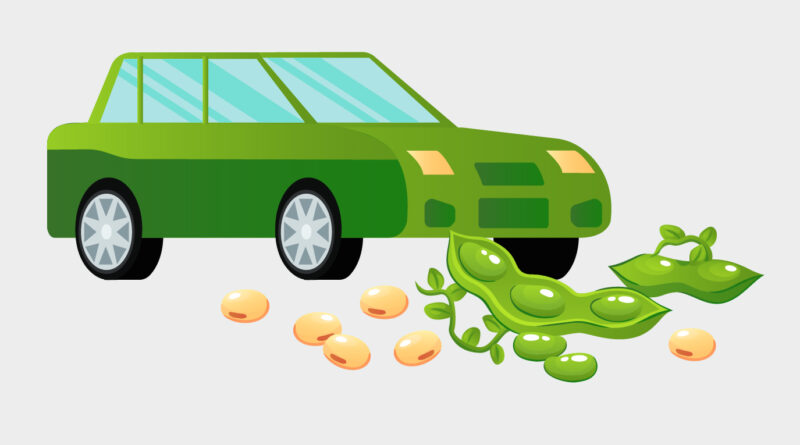E10 Petrol Explained: What Is It and Can Your Car Run on This Fuel
This article aims to unravel the mysteries with E10 petrol, exploring what it is, its impact on vehicles, and whether your car is compatible with this eco-friendly fuel. In a bid to reduce carbon emissions and promote environmental sustainability, many countries are transitioning to greener fuel options. E10 petrol a blend of traditional petrol (gasoline) and ethanol, has emerged as one such alternative. Synthetic fuel explained.
- Understanding E10 Petrol:
- Composition: E10 petrol consists of 90% traditional petrol and 10% ethanol. Ethanol is a biofuel derived from plant materials, typically corn or sugarcane. The ethanol content in E10 acts as an oxygenate, promoting cleaner combustion and reducing carbon monoxide emissions.
- Renewable Aspect: The ethanol component in E10 is renewable, making it a more sustainable option compared to conventional petrol. Ethanol production from plant sources contributes to a lower overall carbon footprint.
- Benefits of E10 Petrol:
- Reduced Greenhouse Gas Emissions: E10’s ethanol content results in fewer greenhouse gas emissions during combustion. This aligns with efforts to mitigate climate change and transition towards more environmentally friendly fuel options.
- Domestic Agricultural Support: The production of ethanol often involves agricultural crops, providing support to domestic farming industries. This can contribute to economic stability and reduce reliance on imported fuels.
- Improved Combustion: Ethanol’s oxygenating properties enhance combustion efficiency, potentially leading to cleaner engines and reduced pollutants.
- Compatibility with Vehicles:
- Most Petrol-Powered Vehicles: E10 petrol is compatible with the majority of petrol-powered vehicles. Many modern cars manufactured after the early 2000s are designed to run smoothly on E10 without any issues.
- Check Your Vehicle’s Manual: It’s crucial to consult your vehicle’s manual or check with the manufacturer to confirm its compatibility with E10. Some older models or high-performance vehicles may require traditional unleaded petrol.
- Considerations and Potential Issues:
- Fuel Efficiency: While E10 is generally suitable for most cars, some drivers might notice a slight reduction in fuel efficiency compared to traditional petrol. However, the difference is often marginal.
- Material Compatibility: Certain older vehicles with rubber or plastic components in their fuel systems might face compatibility issues with ethanol. Manufacturers provide guidelines on material compatibility.
- Storage Stability: Ethanol has a higher affinity for water absorption, and this can impact the stability of E10 petrol during storage. Proper storage practices, such as using a fuel stabilizer, can mitigate potential issues.
- Availability and Government Regulations:
- Global Adoption: E10 petrol has been adopted by various countries as part of their efforts to promote renewable fuels. Check with local authorities to understand if E10 is available in your region.
- Government Mandates: In some regions, governments may mandate the use of E10 or have plans to phase out traditional unleaded petrol. Stay informed about any regulatory changes that might impact your choice of fuel.
Navigating the E10 Era: E10 fuel represents a significant step toward greener and more sustainable fuel alternatives. As governments worldwide embrace renewable energy initiatives, E10 is becoming increasingly prevalent at fuel stations. To ensure a smooth transition, drivers should stay informed about their vehicle’s compatibility, adhere to manufacturer guidelines, and embrace the positive environmental impact associated with the use of E10 petrol. Whether your car is already E10-ready or requires minor adjustments, the shift toward renewable fuels is undoubtedly a positive stride towards a more eco-conscious future.
Buying a used VW. Buying used vauxhall, BMW, Jaguar, Ford, Volvo, Range rover, Bentley, Aston Martin, Porsche, Ferrari, Lamborghini, Maserati, Hyundai, Tesla, Honda, Pagani

